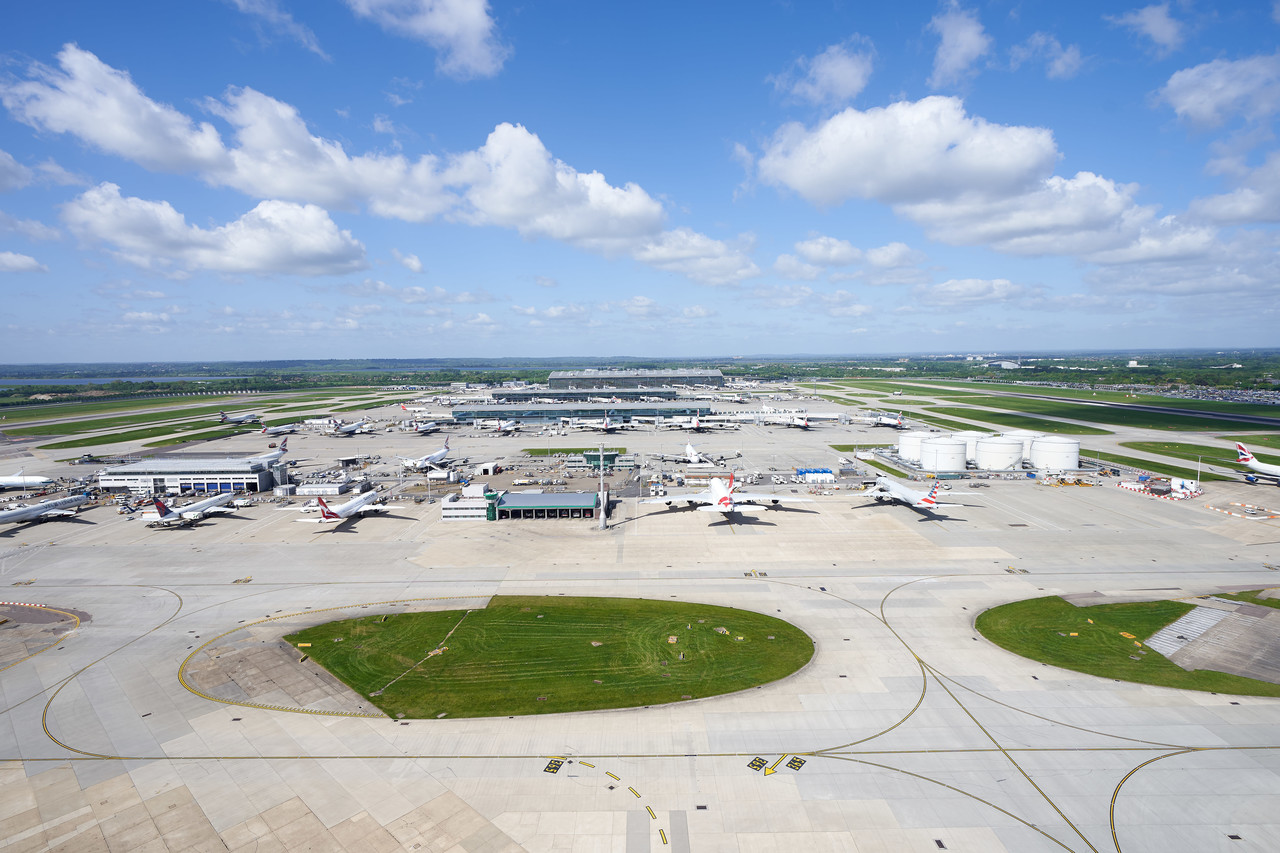
EUROPE. Airports Council International (ACI) Europe has warned that the COVID-19 outbreak has escalated into an “unprecedented crisis” for Europe’s airports. The airports body is forecasting a -13.5% year-on-year drop in regional passenger traffic in the first three months, and -7.5% for the full year.
From an initially marginal impact on airports with flights to Asia, the COVID-19 extension across the continent has resulted in a full-blown crisis, said ACI Europe.
Director General Olivier Jankovec said: “For now, airports in Italy are clearly the most affected. Even before yesterday’s decision to place the whole country under lock down, Italian airports were already confronted with a dramatic free fall in passenger traffic – with decreases exceeding -60% at most locations over the weekend.
“But what they are now bracing for is a total collapse in air connectivity and the prospect of losing most of their revenues. We urge the Italian government to respond quickly and positively to the request Italian airports have made for emergency supporting measures.”
Beyond Italy, the situation for airports is rapidly deteriorating throughout Europe, he added. “Airlines are drastically cutting capacity and cancelling air services as they respond to falling demand resulting from loss of confidence, changes to corporate travel policies, and governmental measures which directly or indirectly restrict mobility in their efforts to contain the spread of the virus.
“As a result, the COVID-19 epidemic is turning into a shock of unprecedented proportions for our industry. Apart from Italy, we cannot rule out that airports elsewhere might at some point also need relief measures to address cash flow pressures and keep fulfilling their role as critical infrastructure. This will require the support of governments and the European Commission.”
ACI Europe’s initial assessment1 of the impact of the COVID-19 outbreak on the region’s airport operators shows:
*A loss of 67 million airport passengers in the first quarter of 2020, representing a-13.5% drop in airport passenger footfall compared to a business-as-usual scenario.
*An overall diminution of 187 million passengers for Europe’s airports in 2020, representing a decrease of -7.5% in a year that was predicted to see +2.3% passenger growth.
*In financial terms, a loss of €1.320 million in revenues in Q1 alone compared to a normal financial quarter, as a result of lower aeronautical revenues, lower commercial (non-aeronautical) revenues, and foregone revenues from ground handling and other services.
ACI noted that while the priority for airports is the protection of passengers and staff along with cooperation with public health authorities and industry partners, the situation presents a unique set of operational and financial challenges.


“Airports being critical infrastructure for the functioning of society, the need to keep them fully operational and maintain air connectivity is all the more relevant in times of health crises. This is made clear by the WHO (World Health Organisation) in its COVID-19 recommendations to States. It is thus essential that, in adherence with these recommendations, governments only consider travel bans and other measures interfering with air connectivity as a very last resort and for the shortest period of time.
“Airports also need governments to consider enacting ad hoc sanitary protocols for dealing with airport staff infections, since standard ones may compromise operational continuity and may thus not be suited for purpose. European coordination is needed in that regard.
“On the financial side, the immediate cash flow pressures airports are facing are leading them to adopt cost cutting measures – such as voluntary unpaid leave, recruitment freezes and deferral of non-essential investment. However, the extent and scope for mitigation measures at airports is limited. The fact that airports must remain fully operational in all of their components coupled with their predominantly fixed cost structures limit the extent to which they can reduce operational costs in severe downturns. And since airport facilities are by nature immovable, this means airports do not have the ability to redeploy their productive capacity to other markets.
“Beyond the short-term impact on their financial standing, the COVID-19 epidemic could also have lasting implications – since future investments in sustainability, capacity and digitalisation all depend upon financially robust and stable businesses. To face the crisis, a collaborative approach between airports, airlines and governments and the EU is of paramount importance both now and as the situation develops.”
Click here for our rolling coverage of the crisis and its impact on travel, tourism and travel retail markets.









